It might be the perfect square. The sun seems to fall on its cobblestones in just the right way. At its center is a bewildering mermaid statue—bare-breasted, clutching a shield in one hand, an unsheathed sword in the other. She sits on a squat base, spurting water spontaneously at untamed children. Young parents hopelessly corral the juveniles, taking hidden delight in their recklessness, in their willingness to soak their clothes without care. A small flock of pigeons, wings iridescent in the afternoon light, hop and flutter around an old woman and her bread crumbs, always keeping one eye on swinging boots. A new couple strolls by with ice cream cones, working furiously to keep the melting treat off their fingers. A working artist has a dozen easels opened up, displaying years of dedication. His art reflects the square itself; rich oil on cloth canvas, so dense it looks three dimensional. He paints the tenements that form the public space, the buildings that surround the mermaid in imperfect ninety degree angles, massive structures of shared walls, shared lives. He paints the orange tiled roofs, oval balconies, undraped windows like eyes into private worlds. Outdoor cafes line the apartments, wood tables and chairs (nary a vacant one) under the shade of beer-branded umbrellas. They serve pork chops, pierogi, eggs in sour rye soup. They serve the dish of the day. Church bells chime a song in the distance. Then three thoughtful bongs.
I think I smell him before I see him. The smell isn’t offensive, or foul, just distinctive. He smells musky like the communal cologne on the bathroom counter of a country club. Looking up from my book, I see his shoes first, toed off directly with mine. They are tattered around the edge, cheap leather coming unglued from the sole. A bit of his wool sock peaks through untied laces. His pants reflect the same mileage. He is wearing a shirt with two dozen unnecessary buttons, most of them unclasped anyway. A bulge in his breast pocket reveals a pack of cigarettes. His sleeves are rolled up and his shirttails are tucked in, showing loops with no belt to hold. He is stooped in a posture that admits his age. His six-toothed smile is as big as the square.
“In-ter-na-shee-nal game,” he says to me in practiced syllabic cadence. He thrusts out his hand. Clutched in his arthritic fingers is what looks like a leather journal, bound shut with a braided latch. Stolen from what I’ve been reading, I am without words. He takes the moment of silence as an opportunity to nestle between Jeannie and I on the bench. Cautiously moving my bag to the side, he sets his journal on the bench, unlatches the braid, and opens the cover, revealing a black and white board and a collection of chipped checkers.
Jeannie and I exchange an amused glance as the old man begins to banter in Polish. He slowly sets the board, deeply concentrating to center each circle within each square, his fingers moving with the slightest perceptible tremble. When the board is finally set, and he has recited an entire Polish speech, he produces ten zloty from behind his pack of cigarettes and tucks the bill neatly beneath the corner of the board. Jeannie and I share a chuckle, and I reach into my pocket to produce the price of admission. I only have a twenty zloty note. Jeannie uses it to replace his ten. I pocket his ante, and the game is on.
Having not played checkers for a combined twenty years, Jeannie and I stumble into some elementary mistakes early in the match. The old man hops and skips over our pieces with childlike glee, laughing and smacking his bony knee at our expense. But as the match progresses, and tactics of the game are refreshed in our minds, the momentum slowly turns. He stops to contemplate his moves. He doesn’t laugh as freely. He rubs his chin and scratches his head. Suddenly his back row is all exposed. We descend fiercely on his end of the board. The worn purple corner of the zloty stares up at him from under the game. Now he is stammering, making excuses in Polish, waving his finger at our move. Without a tremble, he swiftly reverses our previous attack, and uses his last checker to creatively triple-hop over our final three pieces. In one hurried motion, the board is closed, the latch is shut, and the cash is in his pocket. He manages a mumbled thank you as he shuffles away, leaving us alone on the bench, ten zloty poorer.


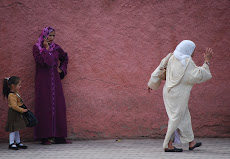



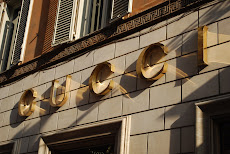





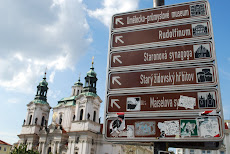
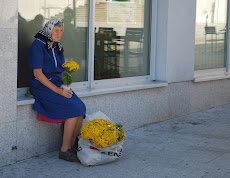
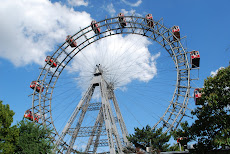

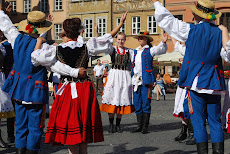




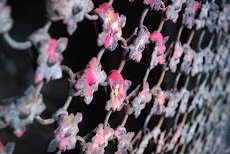



No comments:
Post a Comment